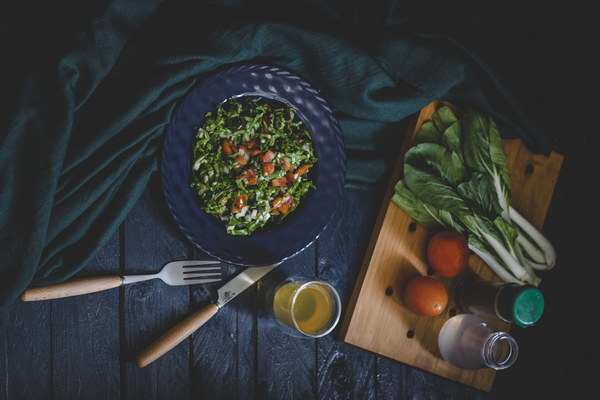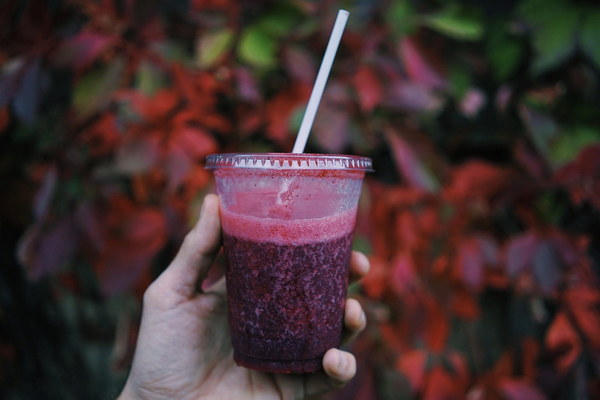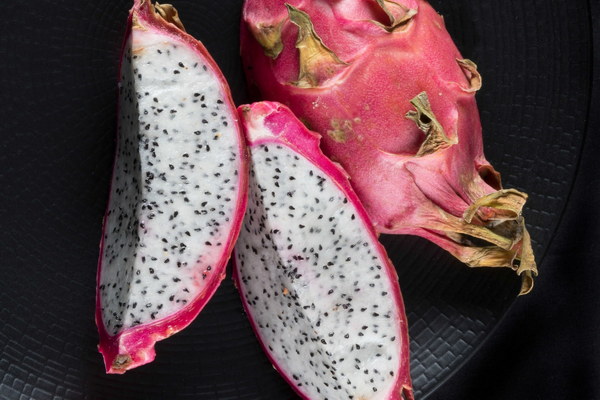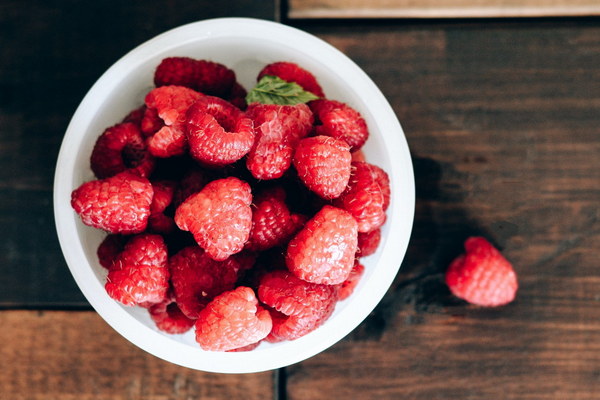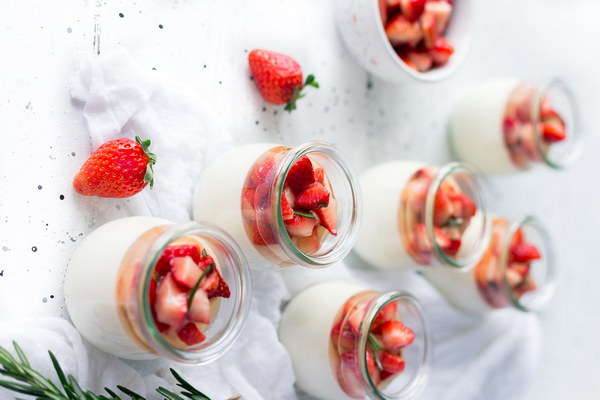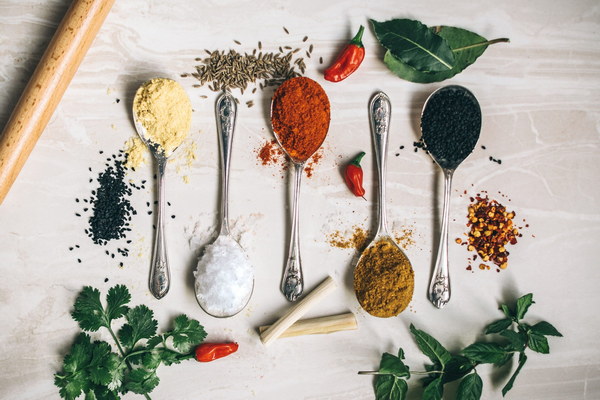Gastroesophageal Reflux Disease Nourishing Remedies for Relief
Gastroesophageal reflux disease (GERD) is a common condition that affects millions of people worldwide. It occurs when stomach acid flows back into the esophagus, causing discomfort, heartburn, and other unpleasant symptoms. While medication can help manage GERD, dietary changes and natural remedies can also play a significant role in alleviating symptoms. This article explores various food-based remedies that can help those suffering from GERD find relief.
1. Almonds
Almonds are a great source of healthy fats and protein, making them an ideal snack for GERD sufferers. They help reduce the production of stomach acid and improve digestion. To enjoy almonds, consume them in moderation, as excessive eating can lead to heartburn. Almonds can be added to salads, smoothies, or as a healthy snack between meals.
2. Aloe Vera
Aloe vera has been used for centuries to treat various ailments, including GERD. It has anti-inflammatory properties that can help reduce the irritation caused by stomach acid. To incorporate aloe vera into your diet, mix a tablespoon of aloe vera gel with a glass of water and drink it twice a day. You can also find aloe vera in juice or supplement form.
3. Green Tea
Green tea contains compounds that can help reduce the production of stomach acid and improve digestion. It's also rich in antioxidants, which can help protect the lining of the esophagus. Drink a cup of green tea after meals to aid digestion and prevent heartburn. Avoid adding milk or sugar, as these can exacerbate symptoms.
4. Ginger
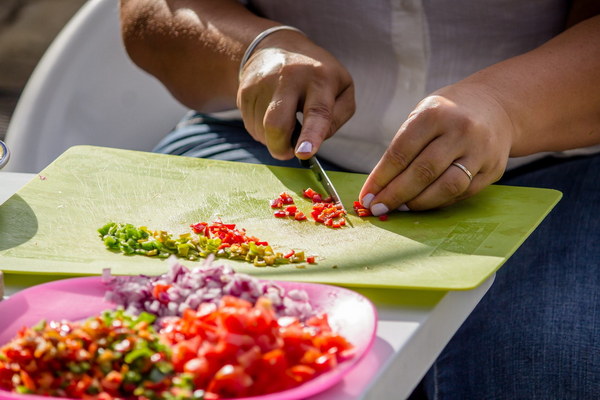
Ginger is a natural digestive aid that can help reduce inflammation and alleviate symptoms of GERD. To enjoy ginger, add it to your meals by grating it into soups, stir-fries, or smoothies. You can also make ginger tea by steeping fresh ginger slices in hot water. Consume ginger in moderation, as excessive amounts can cause heartburn.
5. Yogurt
Yogurt is a probiotic-rich food that can help maintain a healthy balance of bacteria in the gut. This can improve digestion and reduce the likelihood of stomach acid flowing back into the esophagus. Choose plain, unsweetened yogurt with live cultures to reap the most benefits. Add yogurt to smoothies, as a topping for fruit, or as a dip for vegetables.
6. Peppermint
Peppermint can help relax the muscles in the esophagus and reduce the production of stomach acid. However, it's important to avoid peppermint if you experience heartburn after meals, as it can worsen symptoms. To incorporate peppermint into your diet, add it to your tea or chew peppermint gum after meals. You can also use peppermint oil topically on the skin to reduce inflammation.
7. Bananas
Bananas are a natural antacid that can help neutralize stomach acid and reduce heartburn. They are also easy to digest, making them an ideal food for GERD sufferers. Add bananas to your breakfast, snack on them throughout the day, or blend them into smoothies.
8. Cabbage
Cabbage is a fermented vegetable that contains probiotics and can help improve digestion. It can also help reduce the production of stomach acid. Incorporate cabbage into your diet by adding it to salads, soups, or stews.
9. Chia Seeds
Chia seeds are a high-fiber food that can help regulate digestion and reduce the risk of stomach acid flowing back into the esophagus. Add chia seeds to smoothies, oatmeal, or yogurt to enjoy their benefits.
10. Chicken Soup
Chicken soup is a comforting and soothing option for GERD sufferers. It's easy to digest and can help reduce inflammation. Choose a clear broth with lean chicken and avoid adding rich, creamy ingredients that can exacerbate symptoms.
In conclusion, incorporating these food-based remedies into your diet can help alleviate symptoms of GERD. However, it's essential to consult with a healthcare professional before making significant dietary changes. Additionally, lifestyle modifications, such as avoiding trigger foods, maintaining a healthy weight, and elevating the head of your bed, can also help manage GERD.

